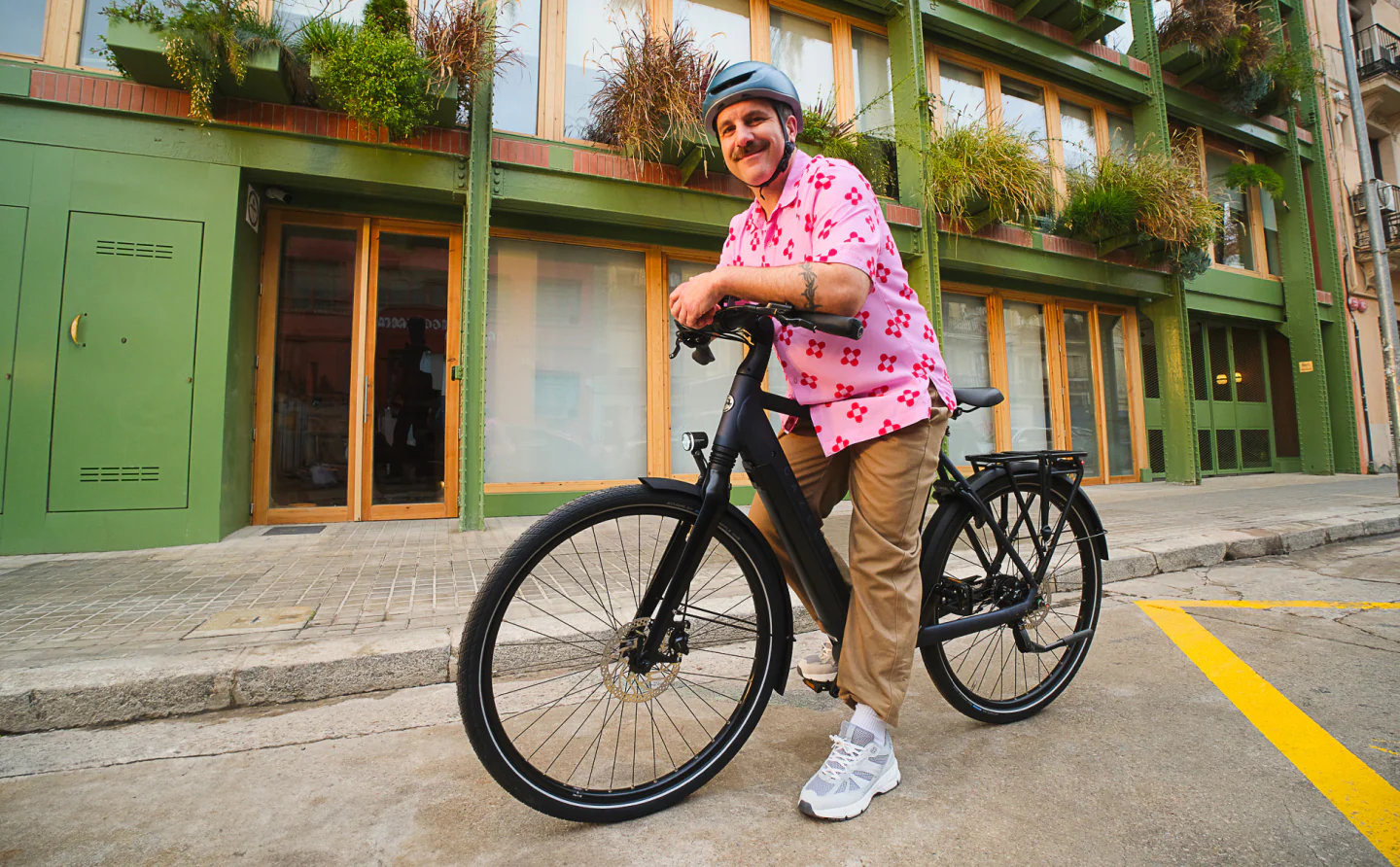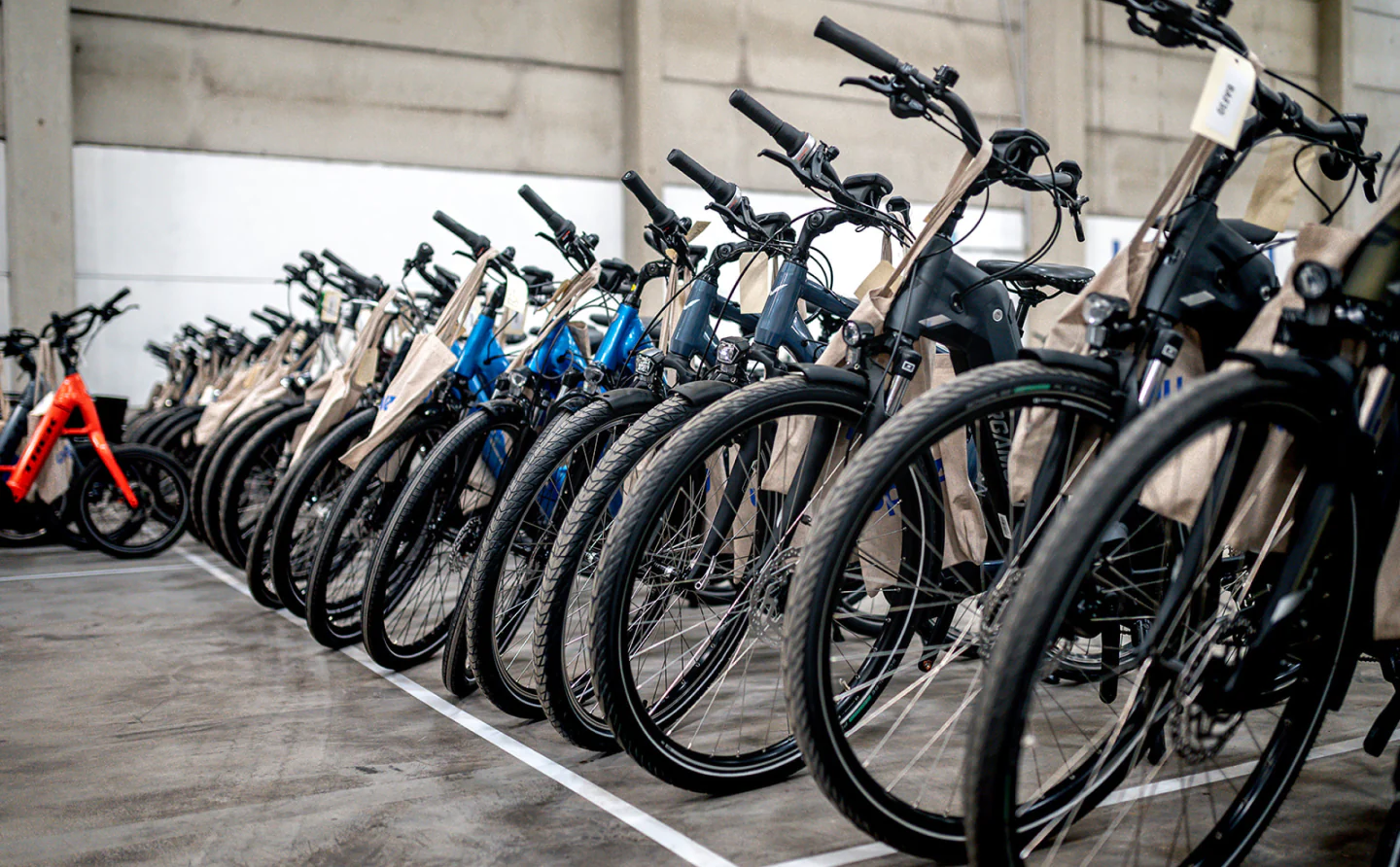In February, a forest fire in Chile's Valparaíso region resulted in the deaths of 137 people and resulted in 16,000 becoming homeless, as the Associated Press reported.
Two men who would typically be responsible for stopping fires and protecting trees, respectively, were arrested in May for causing the blaze, with evidence suggesting they had planned to start the fire once weather conditions became perfect for it to spread.
Francisco Mondaca, a 22-year-old volunteer firefighter, has been accused of starting the fire, with chief prosecutor Osvaldo Ossandón telling journalists that fireworks and flares were found in Mondaca's car. It was reportedly done to provide more work for firefighters.
TCD Picks » Upway Spotlight
💡Upway makes it easy to find discounts of up to 60% on premium e-bike brands
Meanwhile, Franco Pinto, a former employee of the National Forest Corporation, is accused of helping to plan the blaze, which lasted for several days.
According to the AP, it's thought to be the worst tragedy in the country since 2010, when an 8.8 magnitude earthquake killed more than 500 people.
"We are very dismayed by the situation," Vicente Maggiolo, commander of the Valparaíso Fire Department, told TVN, per the AP. Hiring procedures are expected to be made more strict by both the fire department and forest corporation.
According to Dialogue Earth, South America was experiencing a heat wave as the fires broke out, and temperatures in Valparaíso were as high as 91 degrees Fahrenheit. Hot, dry conditions as well as strong winds up to 37 mph presented an ideal scenario for a forest fire to take hold and spread after beginning with a spark from an ignited source.
What's more, the introduction of exotic tree species — such as pine and eucalyptus, planted for timber and pulp production — has also been suggested as a factor affecting the spread, speed, and intensity of fires in Chile, while urban planning and an alert system that didn't provide adequate information have been noted as reasons for the high death toll and mass destruction of property.
But human actions coupled with appropriate weather conditions are the reasons the blaze started. Dialogue Earth observed that the temperature in Chile has increased by an average of about 0.23 degrees Fahrenheit (0.13 degrees Celsius) every decade since the 1960s.
This suggests that temperatures could continue to rise in the coming years. While heat waves, such as the one experienced during the February fire in Valparaíso, are not uncommon, a warming climate — as a result of human-caused pollution — is making them stronger and longer lasting, putting regions at increasing risk of forest fires.
That's why it's so essential we do what we can to slow or stop the production of planet-warming gases, including carbon dioxide and methane, that trap heat in the atmosphere. This largely falls at the feet of governments and big businesses to implement appropriate laws and regulations to reduce pollution, but we can make a difference at home, too.
Whether it's switching off energy vampires at night, eating more plant-based meals, or changing the way we get from A to B, small lifestyle changes can add up to a big impact.
Join our free newsletter for good news and useful tips, and don't miss this cool list of easy ways to help yourself while helping the planet.






